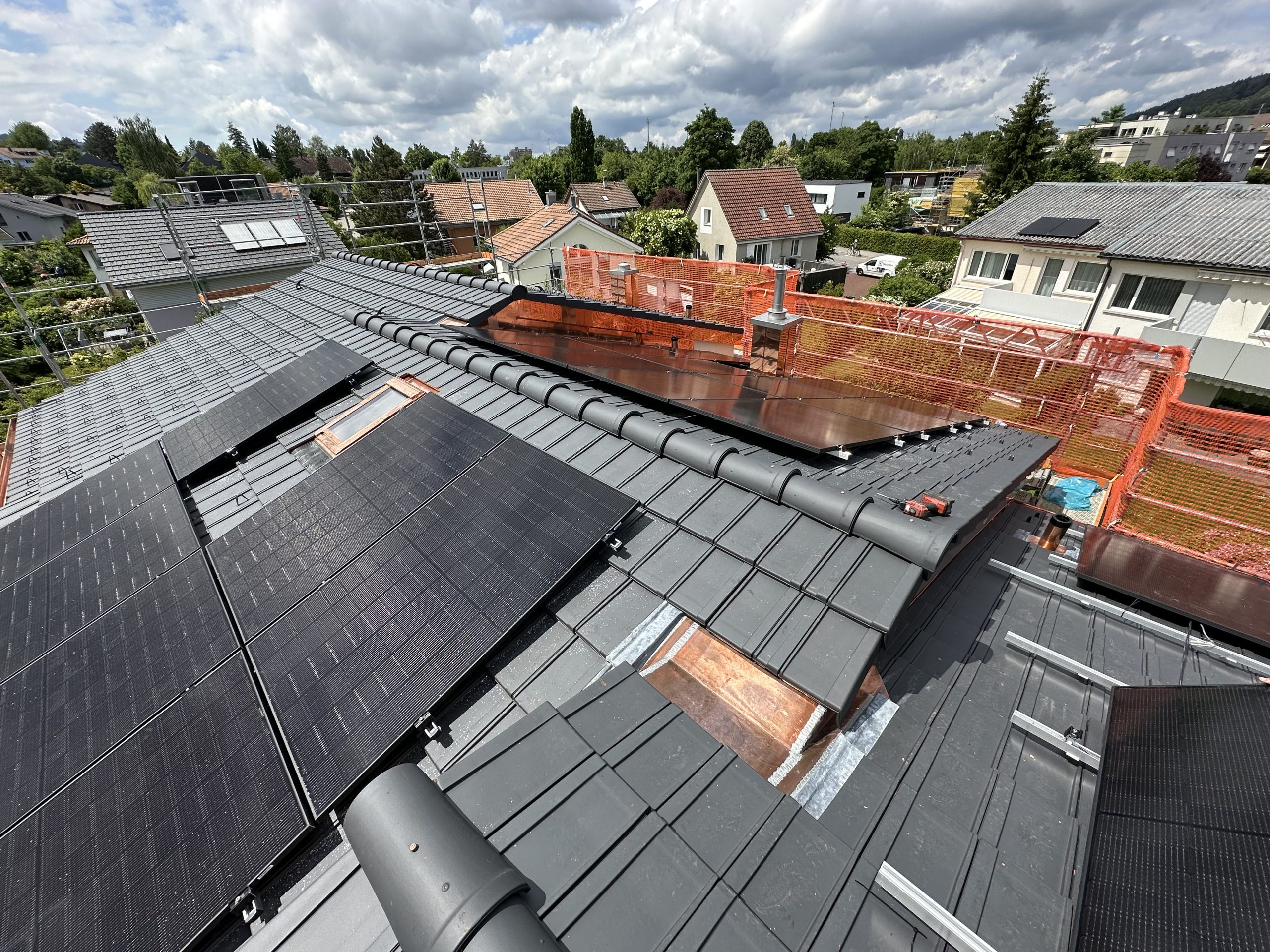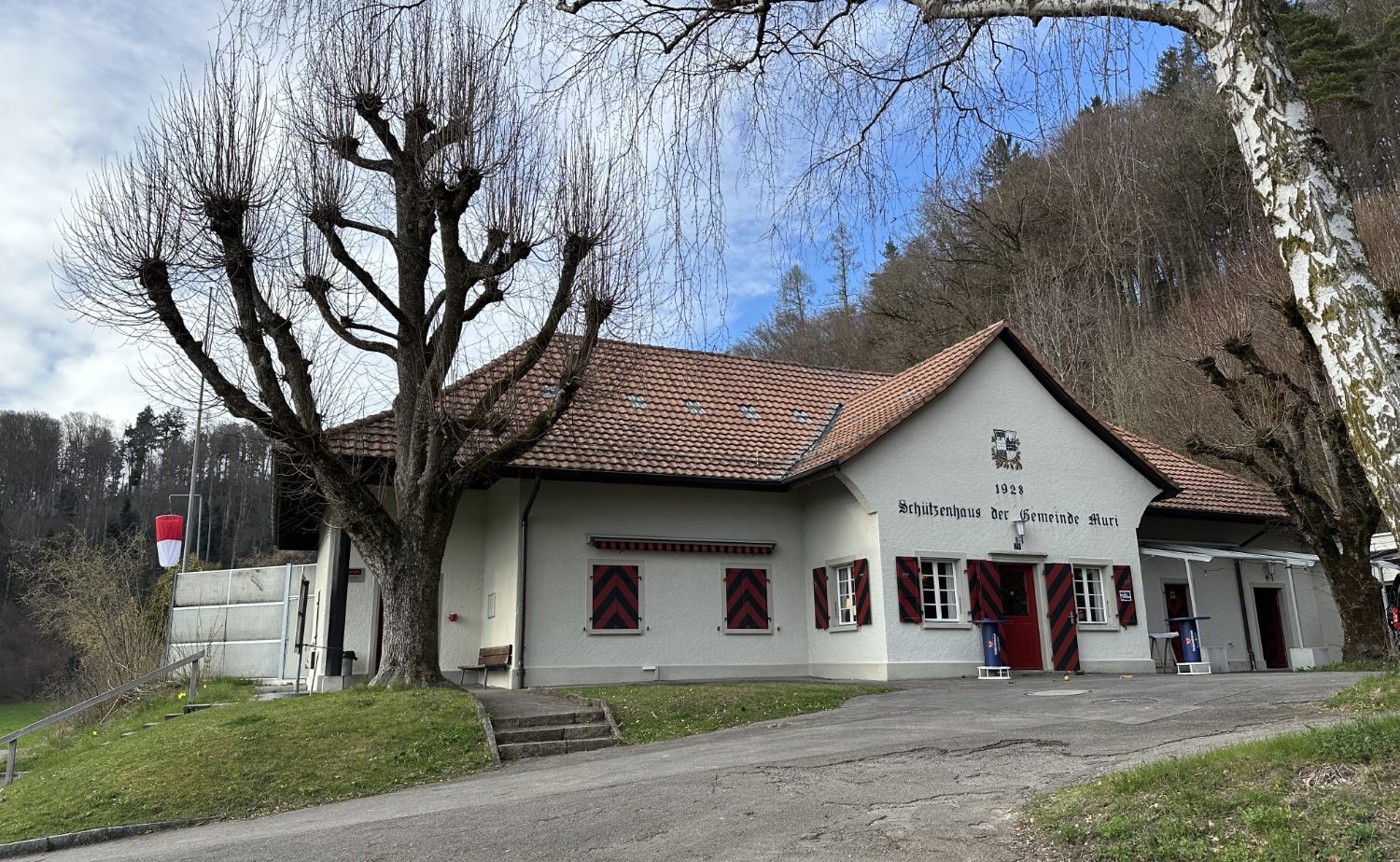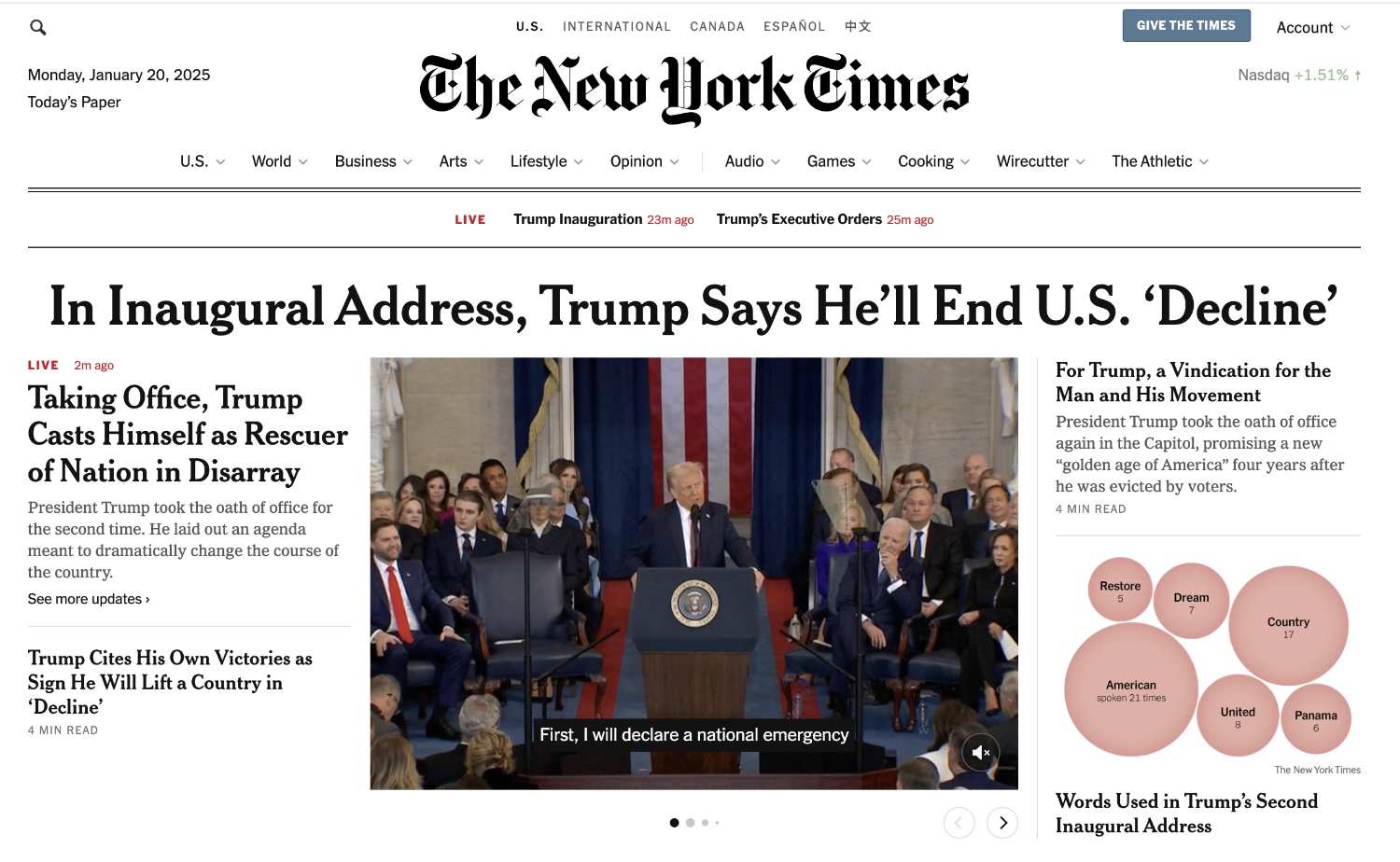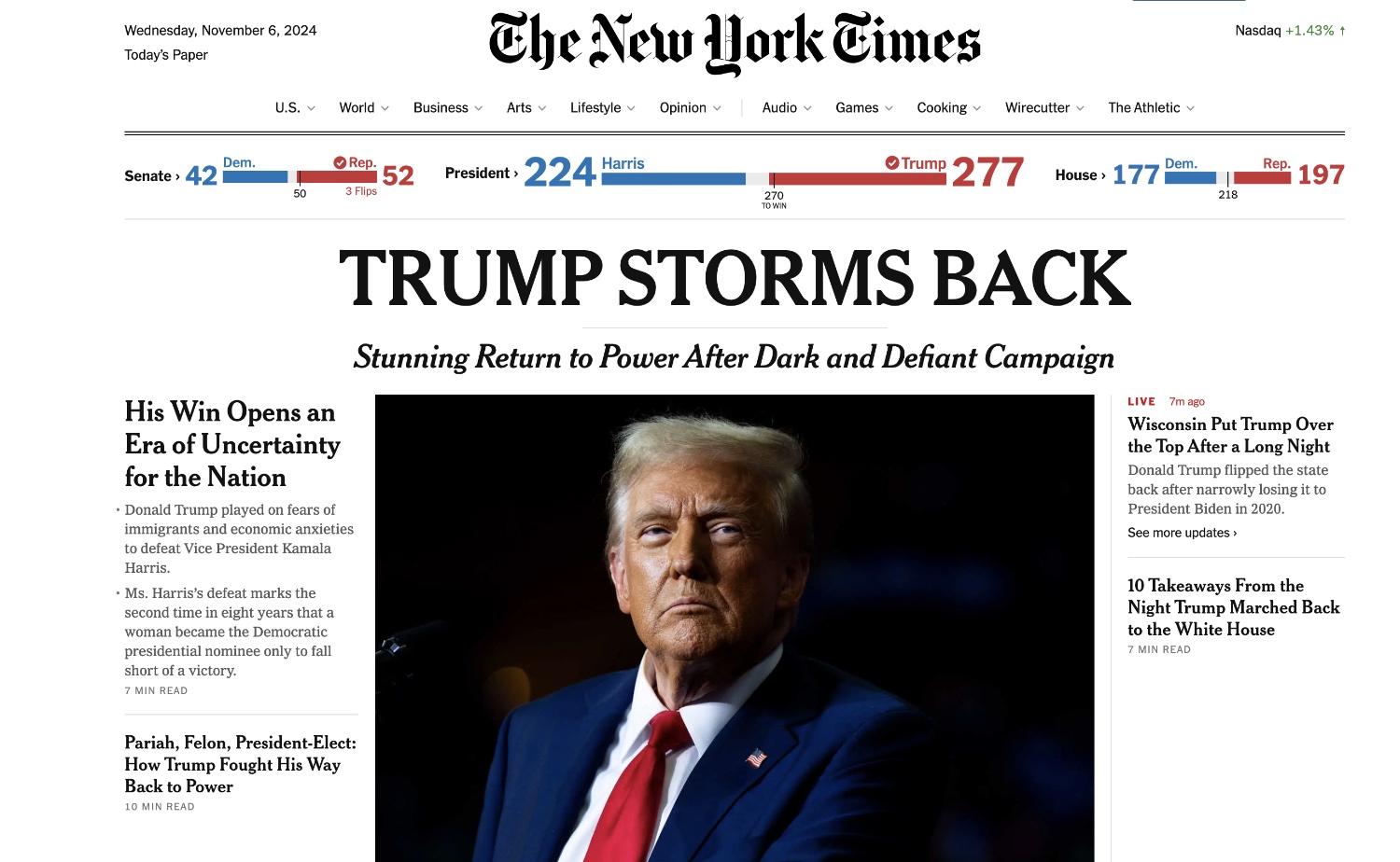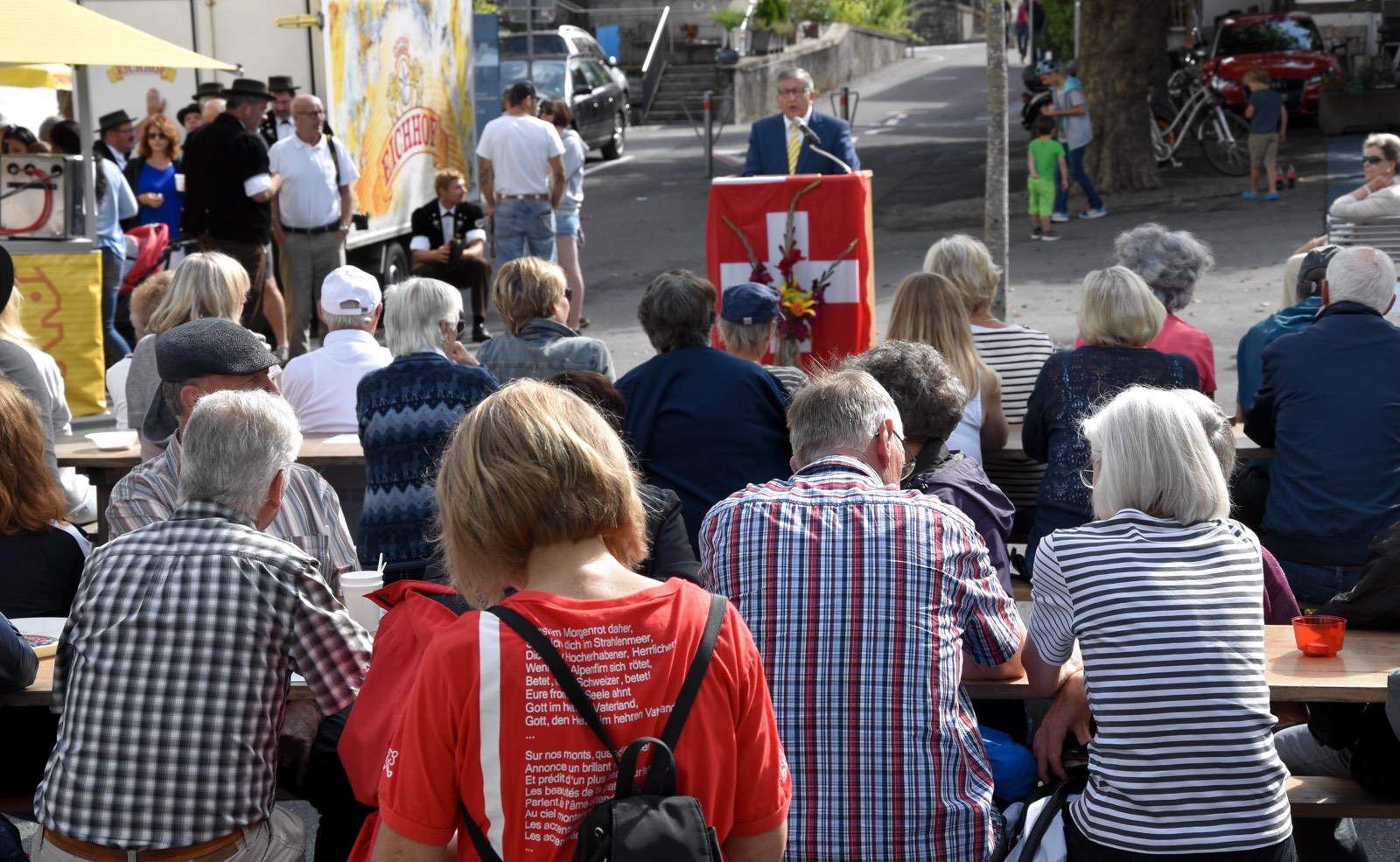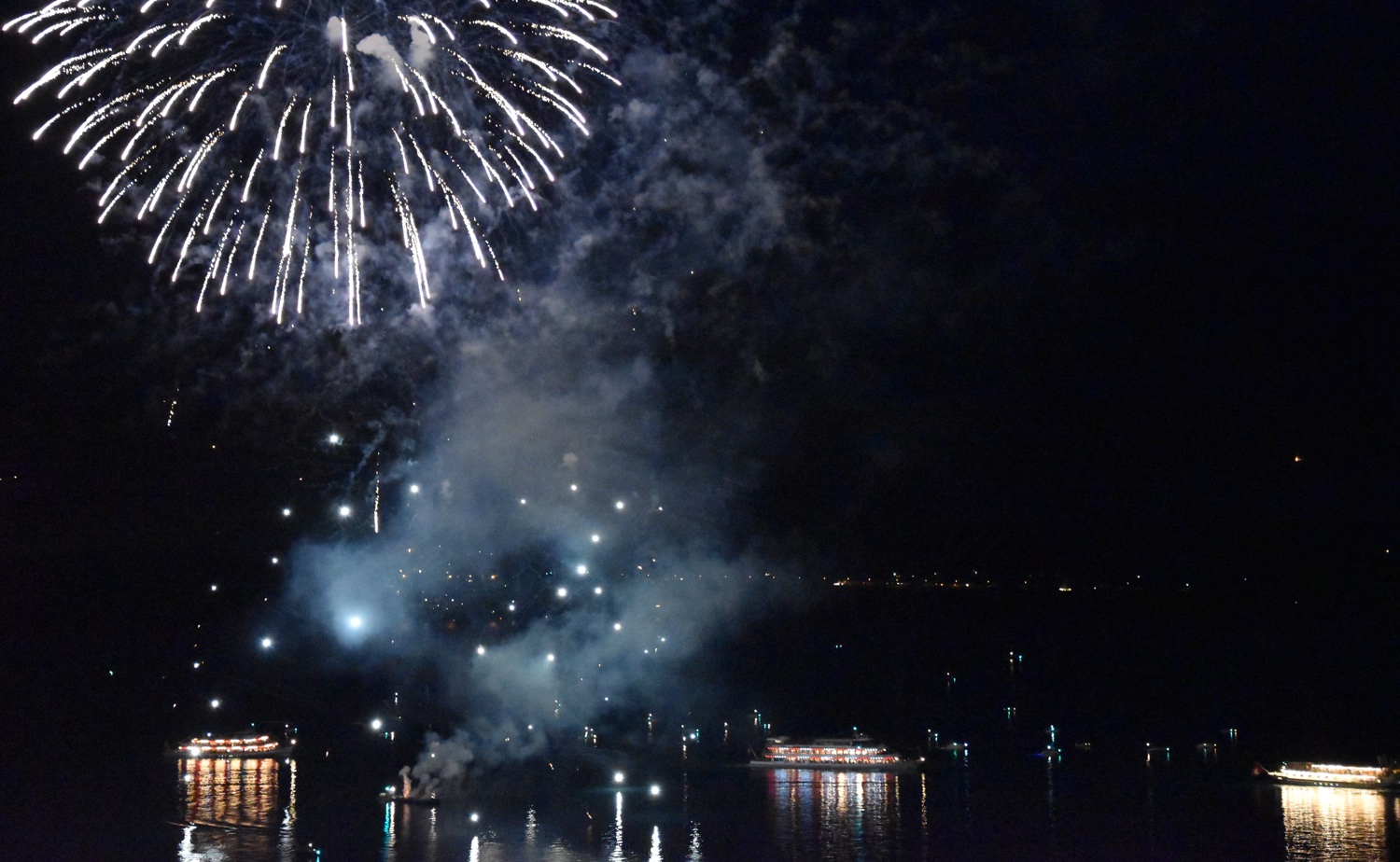Switzerland is still known to be one of the cleanest countries in the world. The Swiss are very particular about the environment. Traditionally everything needs to be proper and clean.
Household waste is meticulously separated and collected almost at your front door. In most places general waste is collected twice a week. In the city of Berne a particular bag has to be used where the price for a specific amount of waste is included in the price. Other places use labels to be stuck on the bag, thus paying for the service of waste removal.
However there are other regular collections too: during summer time biological or green waste (leaves, branches cut grass) is also placed in green containers and gets collected once a week. This service also is paid by label. On another weekly day paper gets picked up for free or metal and tin.
Empty batteries get collected at all shopping places along with empty plastic bottles. Glas gets separated into three different categories: brown, white and green. The collection of these items are free. Bigger shopping areas offer such glas collection points.
Every city also has collection points for bigger and bulkier stuff. You can bring the things you want to throw away to these centres. Again, stuff gets separated according to categories: general waste, glas, metal, batteries, organic etc.
People who secretly deposit waste will certainly face a huge fine, if caught.
There are written the regulations on how waste is handled. In the city of Berne they are available in the following languages: Albanian, Arabic, German, English, French, Italian, Portuguese, Serbian, Spanish, Tamil and Turkish. That just offers a glimpse of the languages that are really quite commonly spoken in the city of Berne.
The general waste gets collected and is then burned in very efficient plants.

